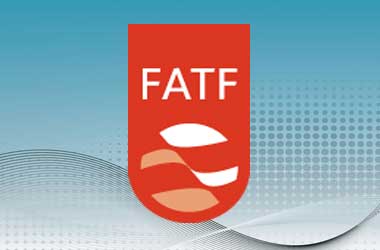 Financial Action Task Force (FATF), which sets global anti-money laundering policies, has been advised by its members to update its cryptocurrency AML (anti-money laundering) policies. FATF has promised to present the revised AML regulations for cryptocurrencies at the upcoming G20 meeting.
Financial Action Task Force (FATF), which sets global anti-money laundering policies, has been advised by its members to update its cryptocurrency AML (anti-money laundering) policies. FATF has promised to present the revised AML regulations for cryptocurrencies at the upcoming G20 meeting.
According to the South Korean news agency Yonhap, at the FATF meeting in Paris, held last week (February 18- 23), the member states “urged the global body to improve the understanding of money laundering risks relating to cryptocurrencies, the commission said.”
FATF is an inter-governmental body established in 1989 to set standards and promote effective implementation of legal, regulatory and operational measures for combating money laundering, terrorist financing and other related threats to the integrity of the international financial system.
Currently, FATF is comprised of 35 members and two organizations. The member countries are Argentina, Australia, Austria, Belgium, Brazil, Canada, China, Denmark, Finland, France, Germany, Greece, Hong Kong, China, Iceland, India, Ireland, Italy, Japan, Republic of Korea, Luxembourg, Malaysia, Mexico, Netherlands, Kingdom of New Zealand, Norway, Portugal, Russian Federation, Singapore, South Africa, Spain, Sweden, Switzerland, Turkey, United Kingdom, United States. The two organizations are European Commission and Gulf Co-operation Council.
During the meeting, South Korea’s financial regulator briefed FATF on its obligations related to cryptocurrency transactions to prevent money laundering. Effective 2019, for a period of one year, China’s representative will hold the post of vice-chairman of FATF. The FSC (Financial Services Commission) has claimed that South Korea is the first country, among the members of the FATF, to draw up clear anti-money laundering guidelines for cryptocurrency trading.
South Korea has banned the use of ‘nick names’ for trading accounts. Only real-name accounts are allowed since January 30. The banks and other financial institutions doing business with cryptocurrency exchanges were instructed to verify the customers and monitor the transactions.

 United States
United States United Kingdom
United Kingdom















